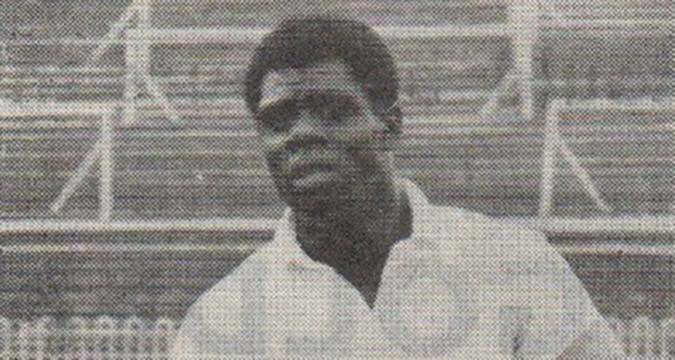 Michael Hunte came to England from the Caribbean in 1957, aged 12.
A natural at rugby at school and then for Lockwood ARLFC in Huddersfield, he went on to represent Yorkshire and England at open age in the amateur game.
Hunte became Wakefield Trinity’s first black player in 1966, where he spent most of his professional career, although he w
Michael Hunte came to England from the Caribbean in 1957, aged 12.
A natural at rugby at school and then for Lockwood ARLFC in Huddersfield, he went on to represent Yorkshire and England at open age in the amateur game.
Hunte became Wakefield Trinity’s first black player in 1966, where he spent most of his professional career, although he w Rugby League Heroes: Michael Hunte
 Michael Hunte came to England from the Caribbean in 1957, aged 12.
A natural at rugby at school and then for Lockwood ARLFC in Huddersfield, he went on to represent Yorkshire and England at open age in the amateur game.
Hunte became Wakefield Trinity’s first black player in 1966, where he spent most of his professional career, although he w
Michael Hunte came to England from the Caribbean in 1957, aged 12.
A natural at rugby at school and then for Lockwood ARLFC in Huddersfield, he went on to represent Yorkshire and England at open age in the amateur game.
Hunte became Wakefield Trinity’s first black player in 1966, where he spent most of his professional career, although he w 